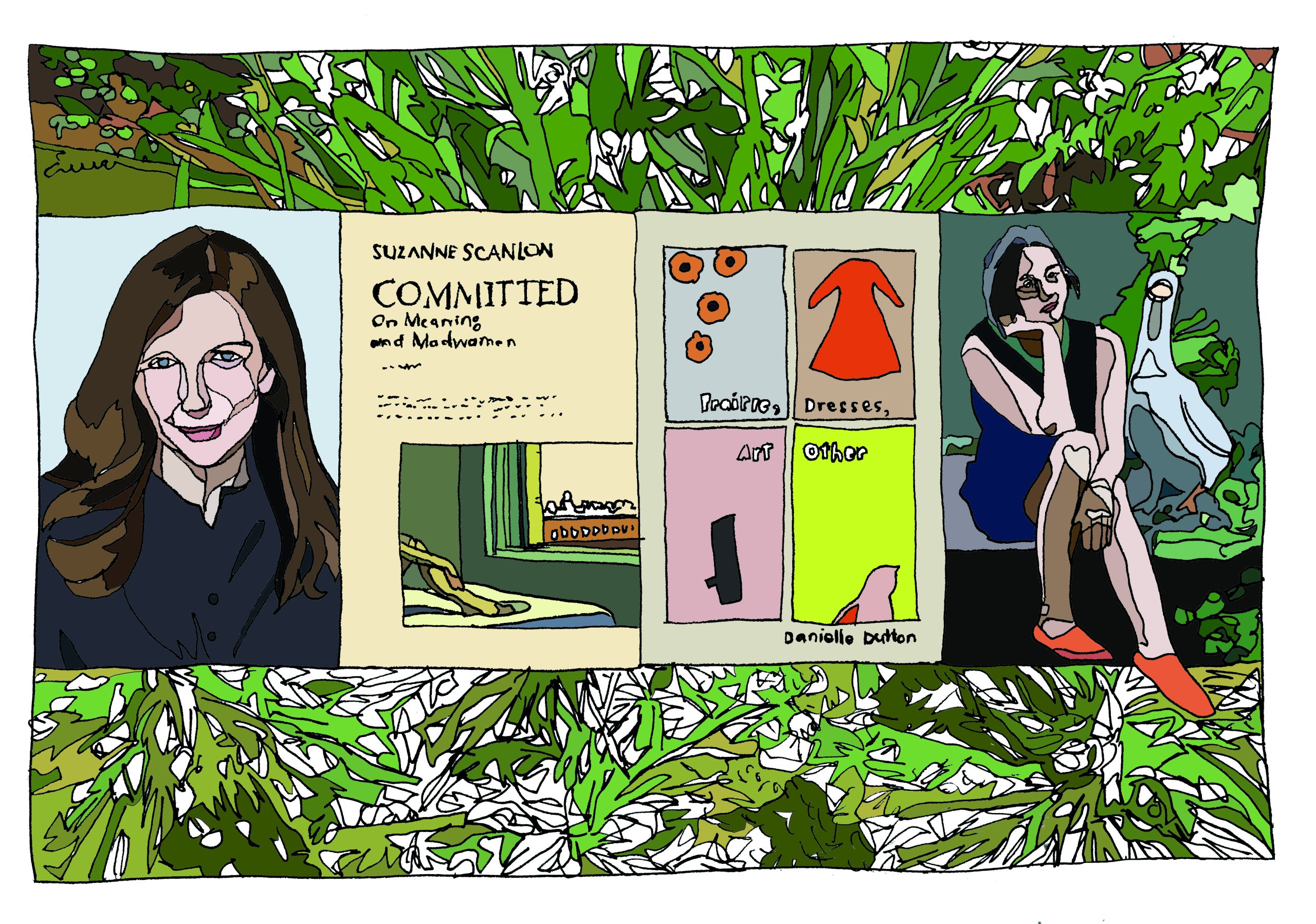news
Are Romance and Erotica Fans Destroying Netflix for Books? Scribd To Cut Tons of Titles

Readers and publishers have long been hoping for a working “Netflix for books,” meaning a subscription service where users could pay a monthly fee for unlimited books. In the past couple years, a few strong contenders have emerged with Oyster, Scribd, and Amazon Unlimited being the most talked about. Amazon Unlimited has been undergoing a controversy recently after it announced that it would pay authors by “page read” instead of by book read. Today, Scribd caused it’s own controversy after the company announced it would drop a huge amount of romance and erotic titles… because too many people were reading them.
Scribd tried to put it in innocuous terms:
We’ve grown to a point where we are beginning to adjust the proportion of titles across genres to ensure that we can continue to expand the overall size and variety of our service. We will be making some adjustments, particularly to romance, and as a result some previously available titles may no longer be available.
But here’s how Mark Coker wrote on the popular self-publishing platform Smashwords that “effective immediately, I estimate 80–90% of Smashwords romance and erotica titles will be dropped by Scribd, including nearly all of our most popular romance titles.”
Why is readers reading a lot of books a bad thing for Scribd and why is Amazon Unlimited changing how they pay? So far, there have been two models for a “Netflix for books”: paying authors/publishers a percentage of a shared pot (Amazon Unlimited) and paying authors/publishers on a per book basis (Oyster and Scribd). Amazon Unlimited is mostly popular for self-published authors, but the shared pot payment model has it’s problems. Because there is a fixed amount of money (the amount is determined by Amazon without much transparency), it means that authors play a zero sum gain with each other. One author’s gain is another’s loss. And if the shared pot gets spread thin enough, authors make barely anything. Amazon’s plan to pay by the page is their attempt to stop authors rigging the system by publishing extremely short “books” and racking up per book totals.
Scribd, on the other hand, pays a retail rate to publishers each time a book is read. This model works really well if people read a couple books a month. Scribd’s service starts at $8.99 a month. Let’s say you are paying creators two bucks an ebook, and most people read two books a month, then you paying four bucks to publishers/authors and keeping 5 bucks yourself. Everybody is happy. Authors and publishers get a fair cut, readers get unlimited books, and Scribd makes a profit. But if a certain subset of readers — romance and erotica fans apparently — start reading five or ten or twenty books a month, then you are losing more money than you earn.
Apparently, readers in other genres are not nearly so voracious in their reader habits. Amazon Unlimited doesn’t have to worry about romance and erotica speed-readers, since fans of other genres will subsidize their payments. E.g., if 10 science fiction fans read 100,000 pages in a month, while 10 erotica readers read one million pages, then the subscription payments from the SF readers will simply (mostly) go to the erotica authors instead of the science fiction authors. (Whether that is fair or not to the science fiction authors that attracted those 10 readers is another question.)
It may seem counterintuitive to eliminate your most popular books, but purging erotica and romance titles may be the only way for Scribd model to survive.









